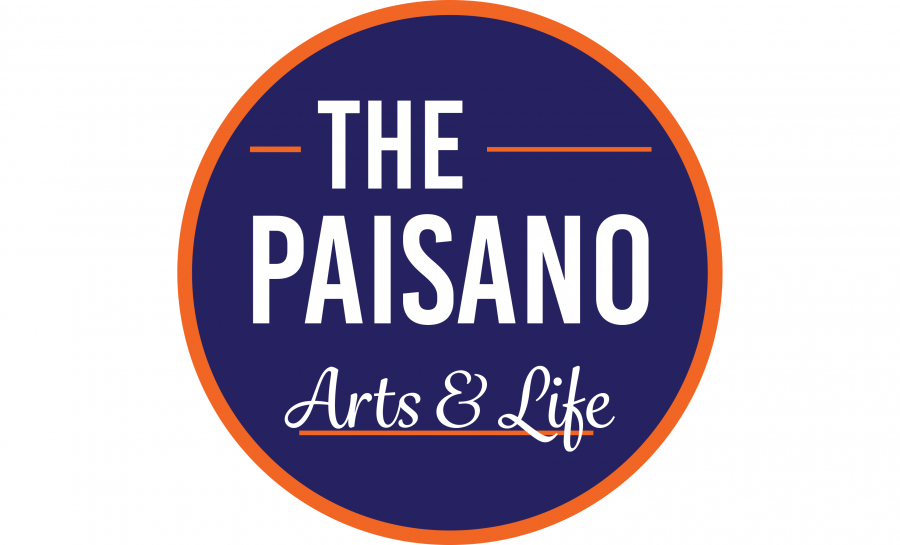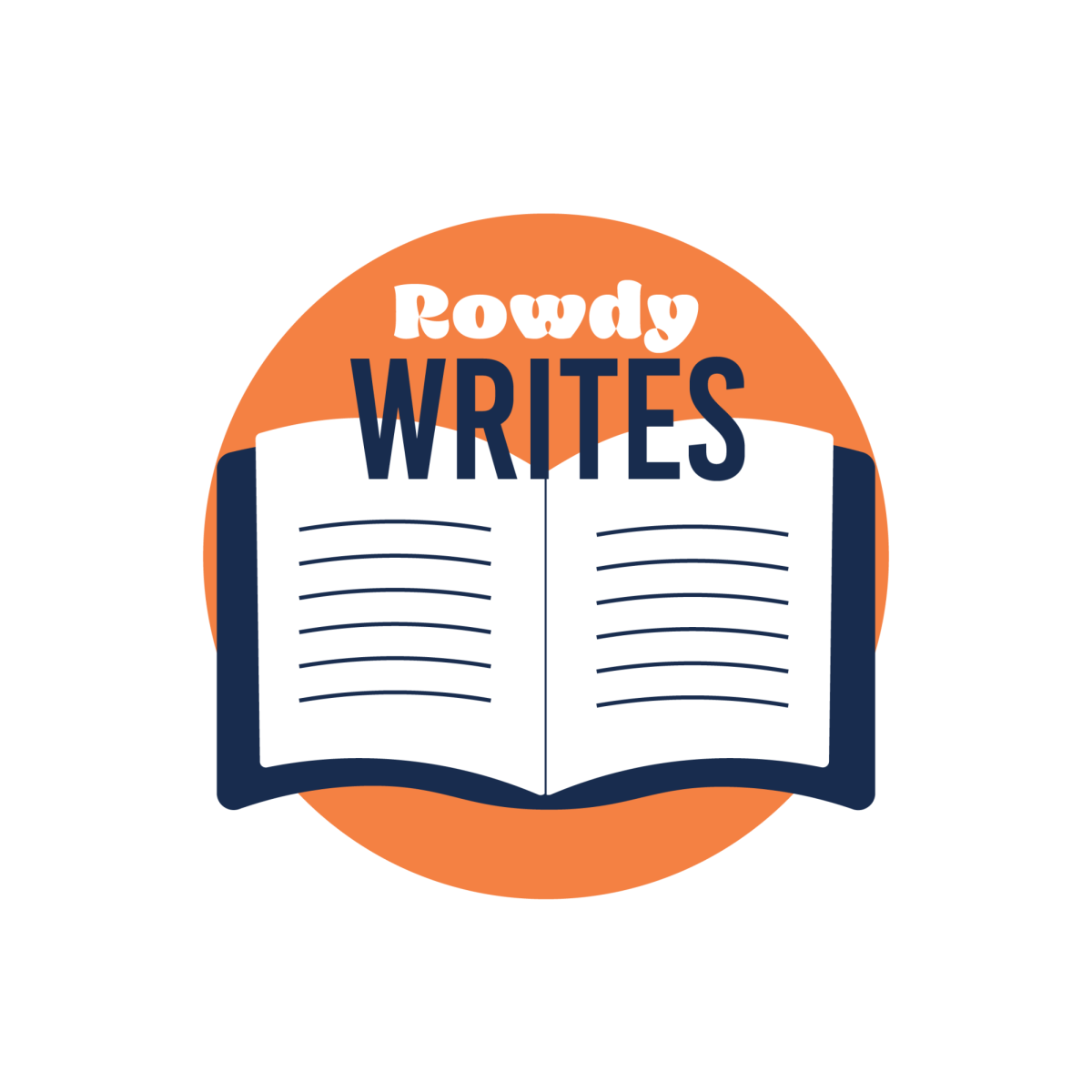Chris Eska kicks off his second feature film with an emotionally charged bang. “The Retrieval” opens to the sound of cannon blast and the silhouette of a young boy marching up a hill toward a house in the distance, a close up of his apprehensive face and a wide shot of the war-stricken sky. Later, the audience is knee deep in good ole’ fashioned suspense.
The story revolves around Will, a young African American boy who works for a bounty hunter in the midst of the civil war. He must accompany his companion as they find their target and bring him back alive under the pretense that his brother is dying. As Will journeys across the natural Texas landscape with the man he has grown up with and the man they are leading to death, he faces not only the elements, but the challenge of discovering who he really is and what it means to be a man. What begins as a Western subtly twists into a coming-to-age film with universal themes blind of any time period.
I sat down with Chris Eska to discuss the “The Retrieval.”
Did you set out to make a coming-of-age movie or did it evolve into that on it’s own?
It’s a coming of age, definitely, it fits into that category. It fits into a lot of genres. Elements of coming-to-age, elements of western, of suspense, of war movie, of road movie. But it’s mostly just an emotional drama.
Did you focus on one particular genre when you were filming?
The closest thing I guess you could say would be a straight up coming-of-age because it is about a boy having to decide what kind of man he is going to be. He is looking at the options and having to make difficult decisions. So yeah, I believe it fits into that category more than any other. Secondly, after that, it is a little bit of a Western, even though it is set in the east. And, I believe it is emotionally suspenseful. The decisions that the main character has to make sort of brings this suspense that is going to be inherent to the entire setup.
The locations in the film were very on-point with the tone of the film, how long did you all spend finding the right places to film?
We scouted a year before we shot, but we needed to look during winter. So we knew what it looked like when the leaves were gone and the grass was dead. So we looked a whole year in advance and waited right until the final shoot dates to do some more scouting. So, I would say we spent a total of three or four months, driving around, looking at places.
This was the biggest production you have worked on. How was it different and was it more difficult compared to ‘August Evening?’
Way more difficult in different ways, so the schedule was slightly easier because we took two days off instead of one day off per week. In ‘August Evening’ we accidently had a 13 day week one time when we had to go do a reshoot. This film, we always had two days off. But it was all exteriors, and it was really really cold for a Texas winter. We shot in January or February of 2011, so its been just over two years in the making.
You and producer Jason were the main editors to the film. What was your process in editing a film of this size?
Well, I hate the first part of taking hours of footage and whittling it down to a rough cut that gives you two hours. What I like is taking that two hours and bringing it down to an hour and a half and making all those last-minute fine adjustments. That’s when you’re really making it better. It is important to do the first stage, that’s crucial because you’re making alot of huge decisions, but I enjoy whittling as opposed to slashing.
How much did you end up cutting out of the film?
Not much. I’d say one full scene and three of four half scenes.
Were there any scenes you had a hard time leaving out?
Yeah, definitely. We had to cut out one of the most emotional scenes of the film, just because other people had a problem with how the dialog in the scene flowed. I thought it flowed nicely. I just felt like it seemed too written. So that’s why I cut it. And it was hard because we had actors come out, lay in the mud all day, and give it their all and they did a really good job. But at the end of the day, it was my fault for not cutting that in the writing or not setting it up in a different way. It was basically a fight between the two lead characters. They fight and then make up. And I thought that would be a really nice theme to see and make us feel more emotional involvement.






